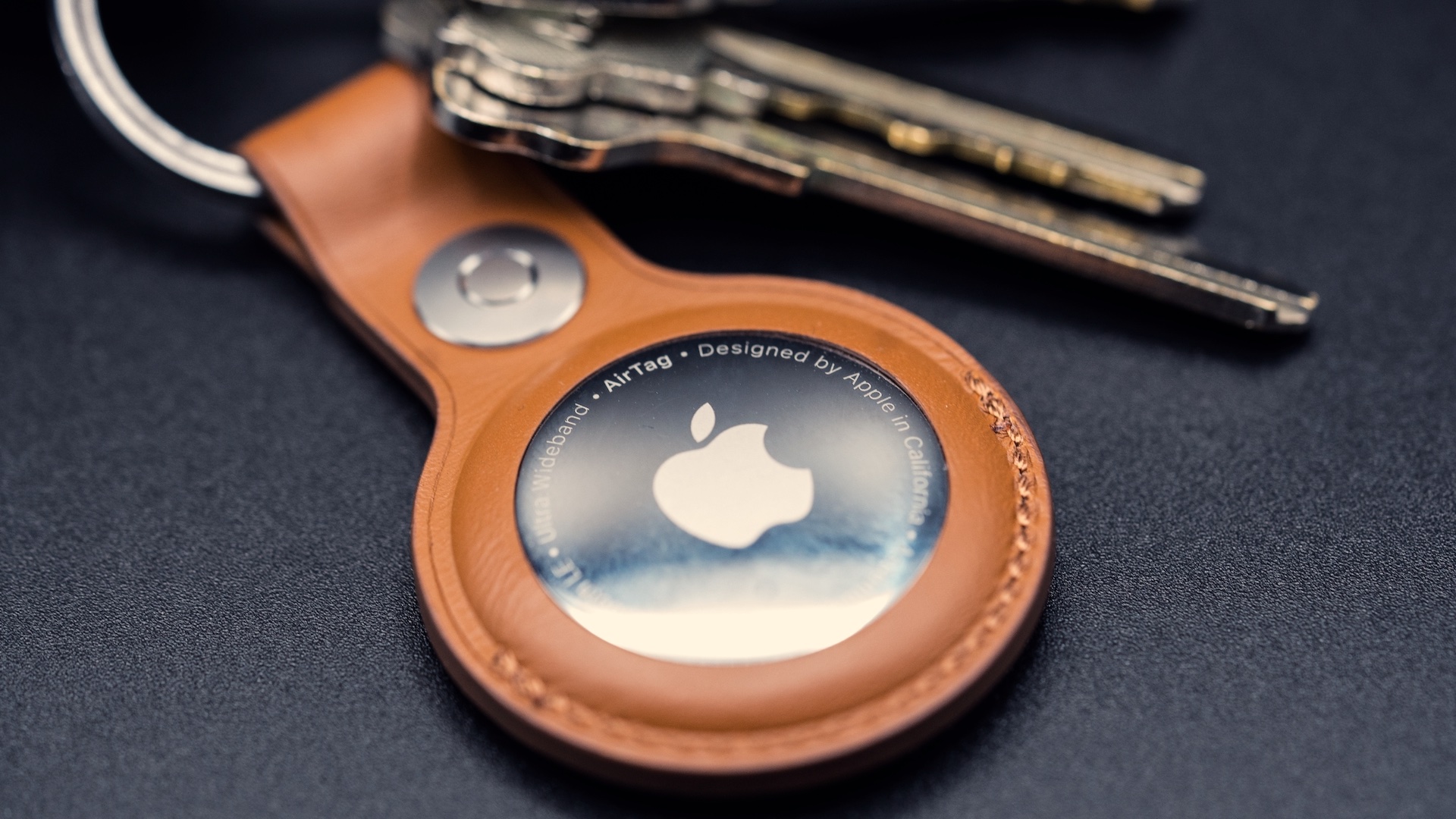
While some might well argue that Apple's AirTag is the best Bluetooth item tracker on the market, the little white and silver puck has had its detractors in recent years. Designed to help people keep tabs on their wallets, bags, car keys, and more, AirTags have also become an increasing privacy problem for people and now Apple finds itself on the receiving end of a lawsuit as a result.
The lawsuit alleging that Apple hasn't done enough to protect people and their property from the misuse of its AirTag item tracker has been rumbling on for a little while, but a US District Judge has now ruled that Apple's attempts to have it dismissed will not be successful and the company must instead defend itself. The lawsuit was filed by three dozen people, arguing that Apple could be legally liable under California law when its tracking devices are misused.
However, only three of the claims were deemed to have potential merit with all of them claiming that when they were stalked, the problems with the AirTag’s safety features were substantial, and that those safety defects caused their injuries,” US District Judge Vince Chhabria said on Friday. Apple argues that the AirTag makes use of "industry-first" safety features to help ensure people are aware when an AirTag is being used to track them.
Find My anything
AirTags have proven to be exceptionally good at finding items when they're lost, whether that be luggage on the other side of the world or keys down the side of the sofa. But it soon became apparent after the tracker's launch that it could also be used to track people, too. There have been countless reports of women finding that AirTags have been used to follow them while men report finding them attached to their cars, seemingly to allow thieves to steal them at a later date. Some argue that the AirTag's impressive accuracy and relatively cheap $29 price point make it a strong option for wrongdoers.
For its part, Apple has rolled out upgrades to the Find My network in an attempt to make it easier for people to identify rogue AirTags. They will be alerted should an unknown AirTag be traveling with them, for example, and there is work ongoing between Apple and Google to bake similar features into iOS and Android as well. Those features will work with multiple item trackers, not just AirTags. The lawsuit claims that the measures currently in place are insufficient to keep people safe.
But for now, Apple could be on the hook if it's found to be liable for any wrongdoing carried out by people using its accessories. Or, it might not, with the judge making it clear that it won't be until after the case is heard that we will know the full story.
“Apple may ultimately be right that California law did not require it to do more to diminish the ability of stalkers to use AirTags effectively, but that determination cannot be made at this early stage,” Bloomberg reports the judge as having said when allowing the three plaintiffs' claims to progress.
AirTag competitor Tile is also facing similar issues with its own trackers and while people being able to find their lost items is undoubtedly a positive thing, it's increasingly clear that accessories like these will continue to be misused. Now it's up to the legal process to decide whether that's something Apple should shoulder the blame for, or not.







